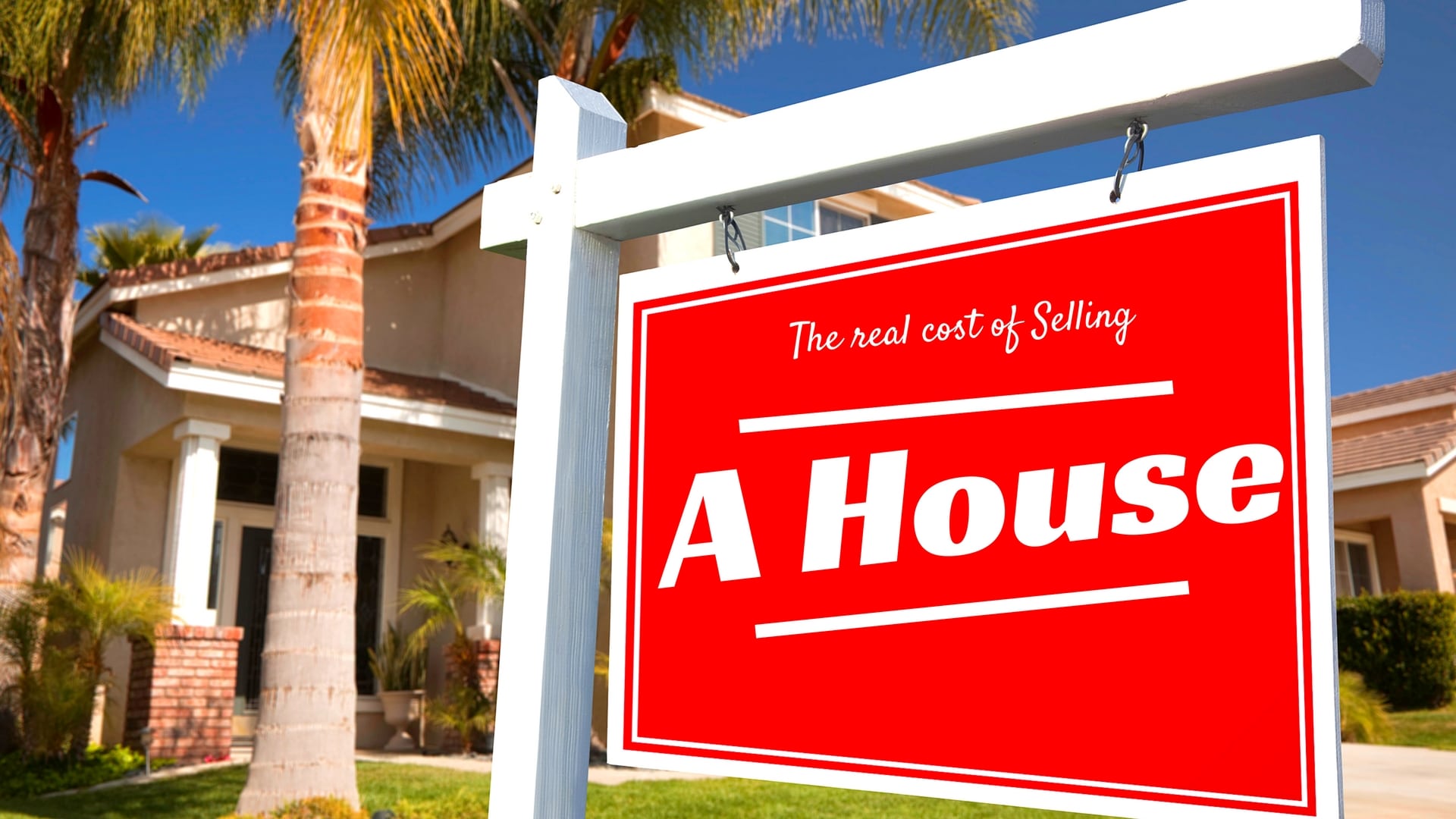How much does it really cost to sell a house these days? This is one of the first questions I get asked when discussing listing a property with a homeowner. They want to know how much this is going to cost them and although there are additional Realtor® fees when listing and selling with an agent, there are still some costs related to selling regardless of how the homeowner actually sells. Here is the cost of selling a house.
After the housing crash in 2007 and 2008, we saw a lot of sellers paying buyers closing costs, especially for first-time homebuyers. However now, in the North Carolina real estate market, having a seller pay for closing costs could mean that the buyer will have a low appraisal. In a sellers market, homeowners typically accept over asking price offers, and if the asking price is already inflated, adding closing costs to the final number could seriously affect the appraisal. The appraisal may come in too low to cover the additional costs. This is why having a buyers agent and a sellers agent working together to negotiate for the proper value is essential.
Closing costs are not mandatory for the seller to cover unless the buyer is getting a VA loan. All VA loans require the seller to pay closing costs for both the buyer and the seller. This could include lender’s fees, courier costs, escrow and title fees and any other additional fees incurred with the purchase and sale contract.
How to Attract Luxury Home Buyers
Unless you are planning on selling the home yourself, you will incur real estate agent commissions. This is typically 5% to 6% of the total home purchase after the deal finalizes. Real estate agents will usually split the commissions down the middle between the agent that brought the buyer and the agent that listed and sold the property, however, this can be the same agent and the percentages could be slightly unbalanced. For instance: the listing agent could agree to accept 2% of the commission while the buyer’s agent receives 4% of the commission.
When selling a property, the homeowner will incur a prorated share of property taxes and potentially homeowners fees when they sell. Depending on when the homeowner sells and when taxes were paid, this could be a very small amount or a large amount if the due date is close by. Some states may be charged a local transfer tax as well to transfer the title from one homeowner to another. This taxes generally 0.01% to 2% of the sales price.
Read more: How to Clear Leins When Selling
Capital gains taxes may also be incurred if you make a profit on your home more than $250,000 for singles and more than $500,000 for married couples.
Title insurance. There are several types of title insurance that are purchased during the purchase and sale contract. Buyers will purchase their own title policy if they apply for a mortgage, but this only protects the lender. The seller will purchase a separate policy for the new homeowner and this could cost anywhere from $500-$1000.
Mortgage payoff. If you still owe money on your home you will need to pay off your current mortgage when you sell. The payoff amount could be different from the actual balance listed on your statement due to interest charges. You will need to get a formal letter stating the exact payoff amount so that escrow can facilitate this when you close.
Optional costs to selling your home include a home warranty, paying for staging, home repairs and any replacements needed. These may be included as enticements to get the property sold.
For more information on selling your specific home and exactly how much it would cost contact our office today.
